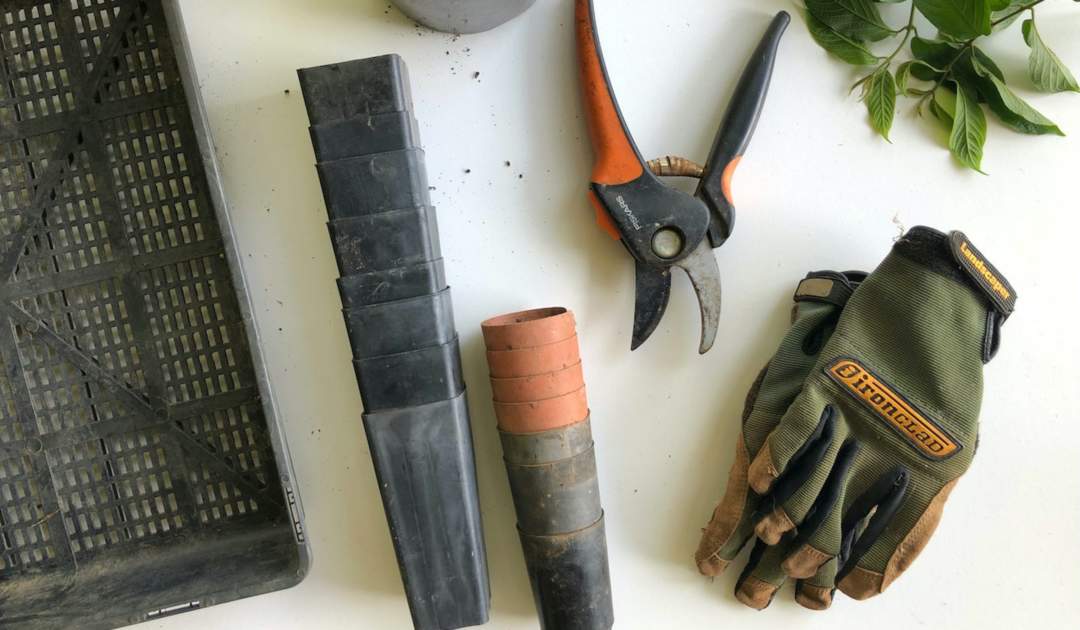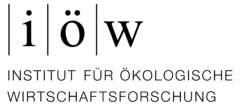Projekt
Preferences and obstacles for the design of biodiverse private gardens
Biological diversity, that is, the diversity of habitats, species, and their genetic diversity, continues to decline in Germany. Insects in particular are affected by species extinction. This goes hand in hand with a loss of plant diversity and makes living conditions more difficult for birds and other animals.
Private gardens can play an important role in counteracting the loss of this diversity, as they cover almost two percent of Germany’s total area. Particularly in urban areas, they provide important stepping stone biotopes for the migration and dispersal of many species.
The ecological potential of private gardens is far from exhausted. For example, there is often a lack of native plants that provide food for birds and insects or small habitat structures. In addition, pesticides and sealed surfaces make living conditions more difficult for microorganisms, animals and plants.
The project “gARTENreich – Preferences and obstacles for the design of biodiverse private gardens” is dedicated to the scientific and practical question of how biodiversity in private gardens can be increased in harmony with the usage needs of garden owners.
In an inter- and transdisciplinary research design, the project partners are investigating the contribution of private gardens to the protection and promotion of biodiversity.
In each of the two participating municipalities, the city of Gütersloh and the municipality of Aumühle, a three-part series of workshops (‘the living labs’) will be held in order to develop, implement and finally evaluate needs-oriented ideas for the design of habitats in the gardens together with the participants. In addition to the workshops in our project gardens, a photo competition will be held in both municipalities. By participating and observing plants and animals, the aim is to raise awareness of biodiversity.
At the same time, inhibiting and promoting factors will be analyzed as determinants of garden design at the local level and national levels. Building on the results from the living labs, a nationwide survey of garden owners and two national online communities will be conducted.
A spatial survey of structural and species diversity is being carried out in selected private gardens. To this end, the extent to which existing indicators are suitable for estimating biodiversity in private gardens will be investigated. Subsequently, the possibility of spatial scalability of the results obtained by these methods will be analyzed. Finally, starting points for increasing biodiversity in gardens will be developed.
Based on the results of the social- and natural science studies, an impact assessment of measures and funding instruments for the national level, that is, an upscaling of the results, will also be carried out. The results will lead to strategies, communication, and implementation approaches including funding instruments for more diversity in private gardens. To this end, the findings will be summarized and processed into target group-specific communication materials. Among other things, a toolbox will be developed that will be made available to municipal stakeholders.
The three-year gARTENreich project started in November 2021. The project partners are the Institute for Ecological Economy Research (IÖW), Friedrich Schiller University Jena, the Berlin School of Economics and Law, NABU (Nature and Biodiversity Conservation Union Germany) e.V., NaturGarten e.V., the city of Gütersloh and the municipality of Aumühle.


